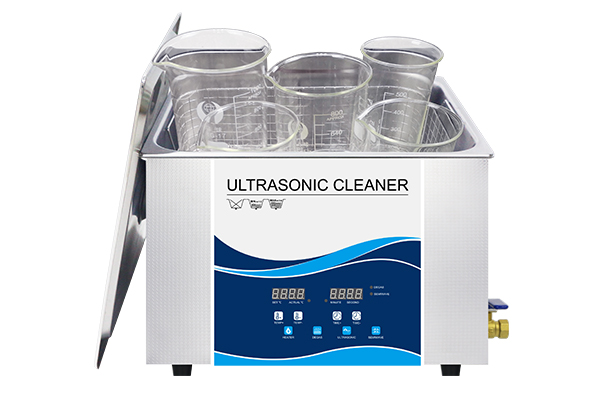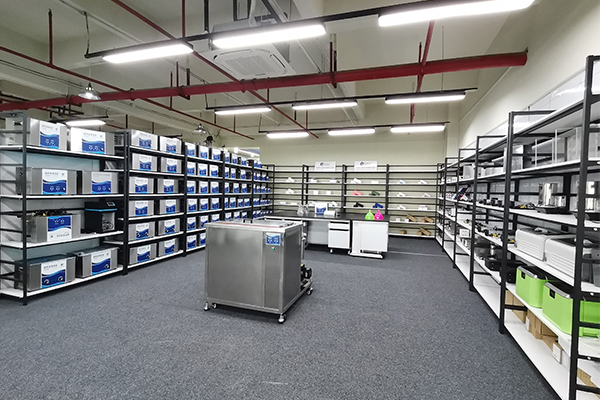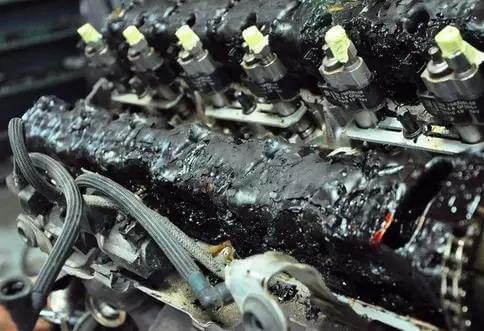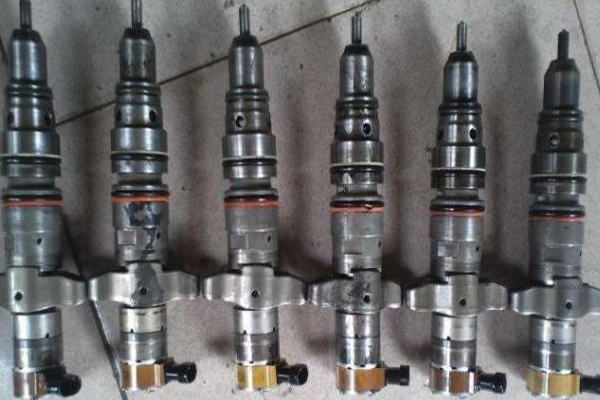There’s something instantly satisfying about slipping on a freshly cleaned pair of eyeglasses. The world looks sharper, brighter, and somehow more vibrant. But keeping glasses spotless is no easy feat—between fingerprints, oil smudges, dust, and the occasional splash of coffee, lenses can quickly become less like windows to the world and more like blurry obstacles. If you’ve grown tired of streaky cloth wipes or flimsy sprays, you’ve probably looked into ultrasonic cleaning.
The Clarity of Clean Eyeglasses
Eyeglasses are more than just vision aids; they’re integral to our daily lives, influencing how we perceive the world and how others perceive us. Over time, lenses accumulate smudges, oils, and debris, diminishing clarity and comfort. While traditional cleaning methods like microfiber cloths and sprays are common, they often fall short in thoroughly cleaning hard-to-reach areas. Enter ultrasonic cleaners—a technology promising deep, efficient cleaning. But is this method safe for your eyeglasses? Let’s delve into the intricacies of ultrasonic cleaning and its implications for eyewear.
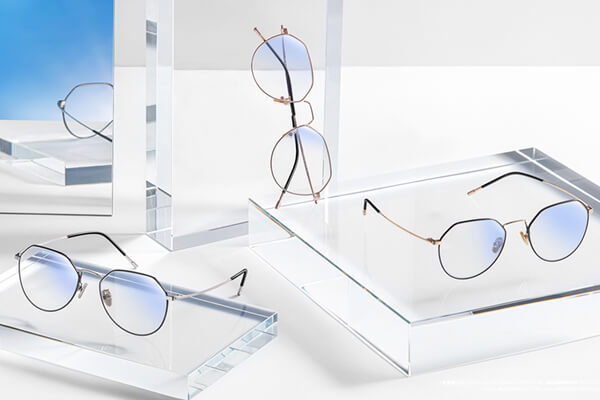
Understanding Ultrasonic Cleaning
At its core, ultrasonic cleaning uses high-frequency sound waves to agitate a liquid solution, creating microscopic bubbles that collapse with force—a process known as cavitation. These tiny implosions lift contaminants from surfaces without any physical scrubbing, making them ideal for cleaning complex or delicate items like eyeglasses. The process is particularly helpful in dislodging particles from screws, crevices, and plastic-to-metal joints where cloths or brushes simply can’t reach.
Most devices operate between 40-50 kHz, a range gentle enough for eyewear yet powerful enough to clean effectively. For people looking to simplify their care routine while achieving a truly deep clean, an ultrasonic cleaner can be a game changer—if used with the right technique and precautions.
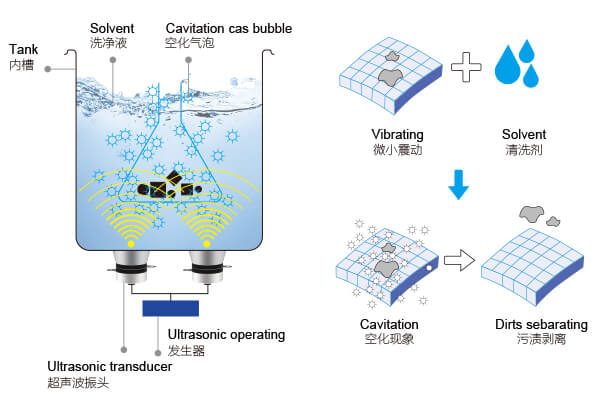
Is Ultrasonic Cleaning Safe for Eyeglasses?
While ultrasonic cleaning is effective, its safety depends on various factors:
| Safety Factor | Details | Impact on Cleaning |
|---|---|---|
| Lens Coatings | Lenses often feature anti-reflective or scratch-resistant coatings. | Ultrasonic cleaning is non-abrasive and generally safe for coated lenses. |
| Frame Material | Metal frames handle ultrasonic cleaning well. Plastic or decorative frames may be sensitive. | Risk of discoloration or warping with fragile materials; check frame specs if unsure. |
| Frequency of Cleaning | Regular use can add stress to materials over time. | Recommended limit is once per week to avoid long-term wear or degradation. |
Best Practices for Ultrasonic Cleaning
If you decide to use an ultrasonic cleaner for your eyeglasses, consider the following guidelines:
Inspect the Glasses: Before cleaning, ensure that all parts are secure and the lenses are free from cracks.
Use Appropriate Solutions: Opt for cleaning solutions recommended for eyewear. Avoid harsh chemicals that can damage the lenses or frames.
Limit Cleaning Time: Shorter cleaning cycles reduce the risk of potential damage.
Avoid Frequent Cleaning: While ultrasonic cleaners are effective, overuse can strain the eyewear. Limit usage to when the glasses appear notably dirty.
Dry Thoroughly: After cleaning, dry the glasses with a soft cloth to prevent water spots.
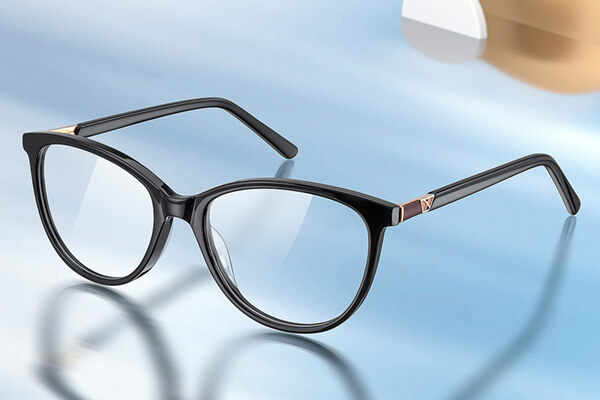
Alternative Cleaning Methods
For those hesitant about ultrasonic cleaning, there are safer alternatives:
Warm Soapy Water: Soak the glasses in a solution of warm water and mild dish soap for a few minutes. Gently scrub with a soft toothbrush, rinse, and dry.
Professional Cleaning: Many optometrists offer cleaning services, ensuring your glasses are handled with expertise.
Eyewear Cleaning Solutions: Over-the-counter solutions are available, designed specifically for eyeglasses. Always follow the manufacturer’s instructions.
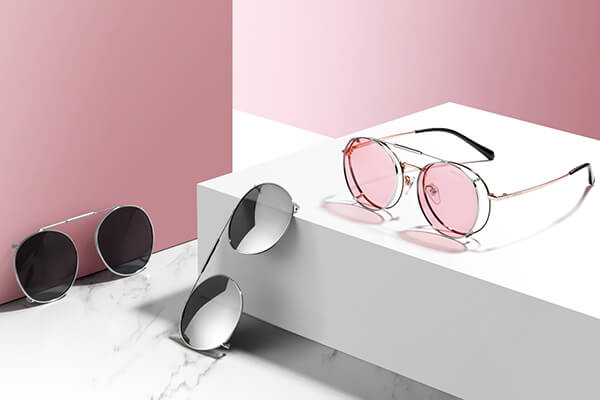
Final Thoughts
When it comes to maintaining the clarity and hygiene of your eyeglasses, not all cleaning methods are created equal. Ultrasonic cleaning stands out not just for its effectiveness, but for its ability to reach the nooks and crannies that traditional wiping methods often miss. It gives your eyewear a refreshed feel—like that first day out of the optician’s box—without compromising the coatings or structure when used properly.
That’s why investing in a trustworthy, precision-oriented device matters. The Granbo GA008G ultrasonic cleaner is an excellent fit for personal eyeglass care. With a 0.8L tank, stainless steel SUS304 construction, and digital timer up to 30 minutes, it’s compact yet surprisingly powerful. Operating at 40kHz and 60W, it offers just the right frequency to gently dislodge oils, dust, and grime from lenses and frames without risk of scratching. And its thoughtful design—even down to the included stainless-steel basket—makes it easy to use, clean, and store at home.
Whether you’re a daily glasses wearer or someone who juggles between readers, sunglasses, and prescription pairs, the GA008G brings salon-grade care into your living room—efficient, elegant, and effortless. Let your lenses reflect your life’s clarity, not yesterday’s fingerprints.
Here is a video of using Granbo GA008G to clean glasses for your reference:

